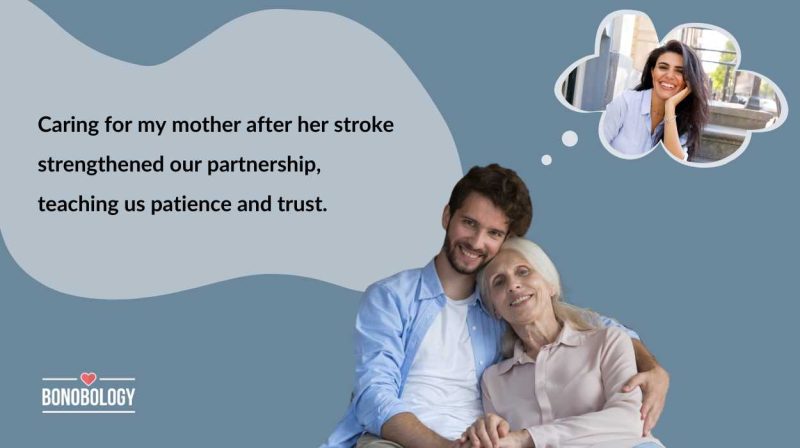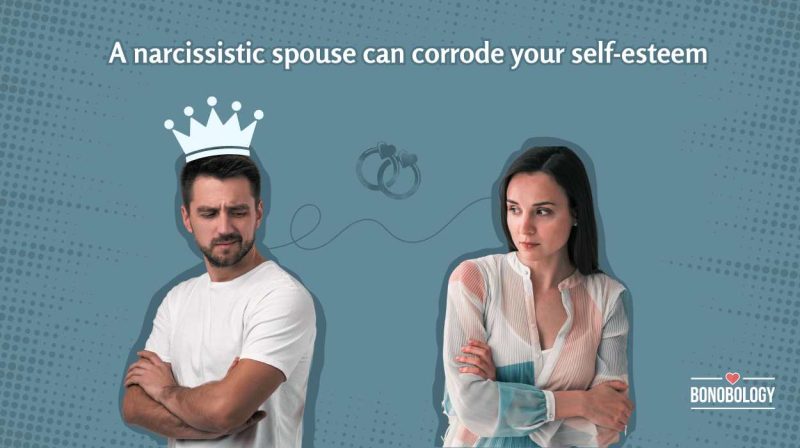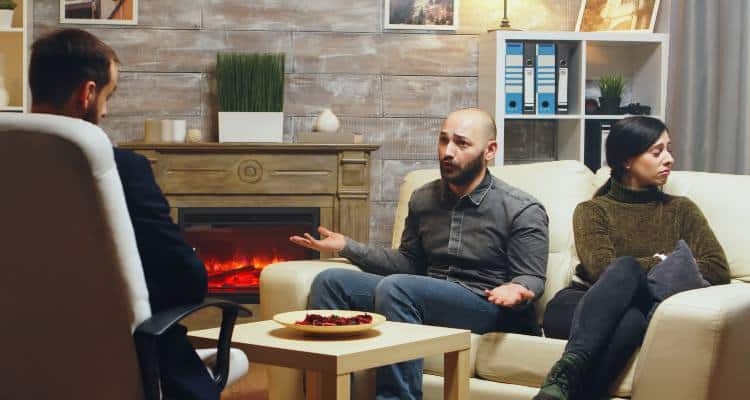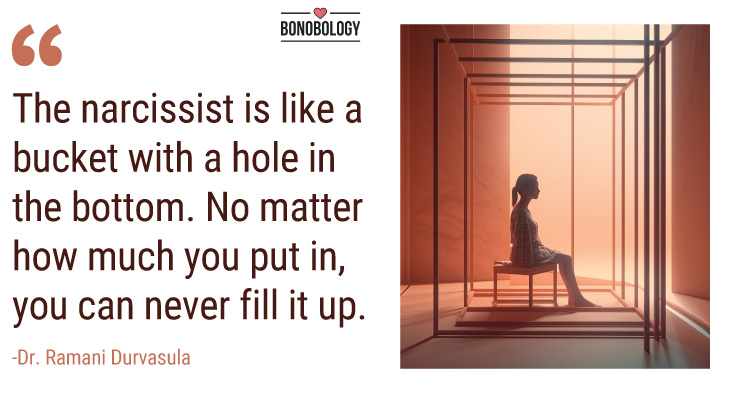I look at all the wires coming out of her body, her pale face and the machines surrounding her beeping constantly. I am in the ICU with my mother, who has had a brain stroke. She had been admitted within what is called the ‘golden hours’ (a medical term to describe the hours in which, if a patient is given medical attention, the stroke can be reversed). But somehow, something went wrong and now she would be in a sort of a vegetative state for the rest of her life. My wife is outside: waiting for me to come out so that she can visit her. Fortunately, she has always been much closer to my mother than me. That was the first big relief. Little did we know that this would continue for two and a half years.
Ten days later, her room at home was a veritable hospital room with a medical bed, IV stand, air mattress, all kinds of pumps. Her 45-year-old bed had been dismantled and most of her furniture moved out. Nurses and maids had taken over our house and life with occasional visits from physiotherapists. Overnight, our lives had turned upside down.
This also meant that our relationship – as a couple would be now entering a new phase – a territory that was unfamiliar to us. We were both now going to be primary caregivers and we needed to figure things out.

We started with ‘sleep’: making sure that each of us was getting enough of it to prevent burnout. Then, we had to take stock of the changes, settle down to our new roles.
We also had to be brutally honest with each other. Apart from making sure that we got enough rest and sleep, we knew we had to be selfish with a good reason. That is, if any one of us was feeling tired, one had to spell it out and adjustments had to made to ensure that the person got time off.
Responsibilities had to be shared and we decided all the running around would be my part of the job and her deal would be to hold the fort at home and manage the nurses and maids. Each had to take occasional breaks – travelling was ruled out unless it was for a day and within four to five hours of a drive. Hence each had to make plans to take breaks: going out for movies, occasional dinners, visiting friends. Anything that would make one’s mind off the home front.
Both of us learnt a lot about each other and our strengths as a couple during these years. To begin with, I knew I had to make my wife feel special and in an honest way. Also, do not take her for granted.

I felt that it was my duty to make sure that she visited her parents, encouraged her to spend time with them – even if that meant that I had to babysit my parents. We had a situation wherein her father was unwell. Once it was a severe panic attack and at another, a gall stone operation that turned critical. She was hesitant about going and I had to not only persuade her to drop everything and go, but I also followed her there for a few days for moral support. Of course, that meant fortifying my house with additional medical staff to assuage my father’s worries but giving her the freedom to reach out to her parents was of prime importance. Also, when it comes to taking breaks – don’t be selfish by trying to get more time off than your partner. Be responsible for your children and share the load equally.
I always knew she was a giving person but her generosity surprised me. What also turned out to be a revelation was her quick uptake on medical situations – she could have matched step by step the nurses we had and better them even. Maybe she too has learned something out of this experience about me but I have never asked her!
I hope she knows that I trust her judgements more than I used to! One great thing was that we never really had a fight or misunderstanding as far as our role as caregivers were concerned and she more than delivered her share of the responsibility – more than I did. There were some instances when I had put my foot down on some medical decisions leading to arguments but she consistently proved me wrong. That is when I decided to shut up and let her lead.
Also, both of us learnt to be patient with each other and with the ‘patient’ – for even my mother was suffering but she had no words to convey her ordeal. She was going through real trauma; we were just rising to the challenges.
FAQs
Table of Contents
1. How can I prepare for a caregiving role?
Educate yourself about the specific needs of your loved one. Build a support network of family, friends, and professionals. Create a caregiving plan that includes schedules, responsibilities, and contingency plans.
2. How do I balance caregiving and my personal life?
Set boundaries and allocate time for yourself. Delegate tasks whenever possible. Consider respite care to take occasional breaks.
3. How do I cope with emotional challenges in caregiving?
Practice mindfulness and stress-reducing techniques. Seek therapy or join a support group to share and process emotions. Remind yourself of the positive impact you’re making in your loved one’s life.
Final Thoughts
Transitioning from partners to caregivers is a profound journey that tests love, patience, and resilience. It reshapes relationships but often deepens the bond, bringing a unique understanding of unconditional support. While this role can be emotionally and physically demanding, it also emphasizes the importance of empathy, communication, and self-care.
As caregivers, it’s essential to:
- Celebrate small victories: A shared laugh or a moment of connection can make the journey worthwhile.
- Seek support: Connect with communities or professionals to avoid burnout and share experiences.
- Maintain balance: Caregiving is meaningful but should not come at the cost of self-neglect.
This journey is a testament to human strength and the enduring power of love in challenging times.
Your contribution does not constitute a charitable donation. It will allow Bonobology to continue bringing you new and up-to-date information in our pursuit of helping anyone in the world to learn how to do anything.






















Featured
50 Questions For Premarital Counseling To Prep For Marriage
Why Is Marriage So Hard? Reasons And Ways To Make It Worthwhile
15 Signs Of Being Married To A Narcissist And How to Cope
Building Healthy Boundaries: The Key to Trust and Respect in Relationships
How To Deal With A Negative Spouse – 15 Expert-Backed Tips
What Is A Codependent Marriage? Signs, Causes, And Ways To Fix
7 Signs You Have A Verbally Abusive Wife And 6 Things You Can Do About It
Emotional Dumping Vs. Venting: Differences, Signs, And Examples
Husband Wife Relationship – 9 Expert Tips To Improve it
12 Hurtful Things You Or Your Partner Should Never Say To Each Other
7 Expert Tips To Resolve Conflict In A Marriage
Rediscover The Spark: How To Fall Back In Love With Your Partner
3 Key Skills To Save Your Marriage & Stop Divorce
Roommate Marriage – Signs And How To Fix It
What To Do When Your Husband Belittles You
How To Deal With A Lying Husband?
Why Am I So Depressed And Lonely In My Marriage?
11 Signs You Have A Narcissistic Wife
21 Signs Of A Narcissistic Husband And How To Cope
7 Fundamentals Of Commitment In A Marriage